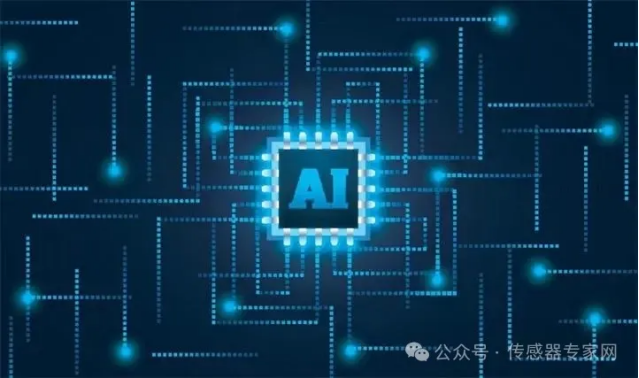Sensors, as the "eyes" and "ears" of smart devices, endow them with the ability to perceive and understand the environment. AI, on the other hand, achieves precise control and optimization of smart devices by processing and analyzing these perceptual data. The integration between the two not only promotes the rapid development of technology, but also opens up a new chapter in intelligent technology.
Sensor technology is widely used in fields such as the Internet of Things, artificial intelligence, and automation. From ancient simple mechanical sensors to modern high-tech optical and semiconductor sensors, they have witnessed a huge leap in human technology. And AI technology, through algorithms such as deep learning and pattern recognition, processes and analyzes sensor data to achieve intelligent control of smart devices. This integration enables smart devices to perceive the environment more accurately and make decisions more intelligently. In the field of autonomous vehicle, the integration of sensors and AI is particularly obvious. Various sensors such as LiDAR, cameras, ultrasonic sensors, etc. continuously collect environmental information around the vehicle, such as road conditions, pedestrians, obstacles, etc. These data are processed by AI algorithms to enable vehicles to achieve autonomous driving and intelligent decision-making. This not only improves the safety and comfort of driving, but also promotes the construction and development of intelligent transportation systems.

In addition, in the field of gas sensors, the combination of embedded microcontrollers (MCUs) and AI technology is bringing about a revolutionary change. Through the application of embedded MCU AI technology, gas sensors can improve their stability and accuracy in complex environments. For example, machine learning based pattern recognition algorithms can compensate for various environments and complex interferences through AI technology, thereby improving the recognition sensitivity of sensors. At the same time, AI technology can also enable sensors to have learning capabilities, optimize detection models based on historical data, and improve recognition accuracy and reliability.
In addition to the fields of autonomous driving and gas sensors, the integration of sensors and AI also plays an important role in many other areas. In the field of smart homes, AI assisted health sensors use millimeter wave radar technology to achieve health care in daily living detection scenarios. By using AI technology to recognize and judge the data feedback from millimeter wave radar, sensors can accurately detect events such as falls, bed falls, and sleep, and send timely warning information to family members. This not only improves the safety and convenience of family life, but also promotes the development of the smart healthcare industry.
However, the integration of sensors and AI also faces some challenges. For example, fusing data from multiple sensors requires a large amount of computing resources, which may have a certain impact on system performance. At the same time, the data of different sensors may be different in time and space, which requires complex synchronization and calibration processing. In addition, the effectiveness of sensor fusion technology largely depends on the quality and performance of the sensors. Therefore, in the process of promoting the integration of sensors and AI, it is necessary to continuously optimize fusion algorithms, improve sensor quality, strengthen data synchronization and calibration, and other technical means.
In summary, the integration of sensors and AI is leading a new round of development in intelligent technology. This fusion not only improves the perception ability and decision-making accuracy of smart devices, but also promotes innovation and development in fields such as autonomous driving, gas sensors, and smart homes. In the future, with the continuous optimization of algorithms and further reduction of hardware costs, the integration of sensors and AI will become more profound and extensive. We have reason to believe that this technology will bring us a more intelligent, convenient, and secure future life.
Source: Sensor Expert Network. If there is any infringement, please contact us for deletion.



